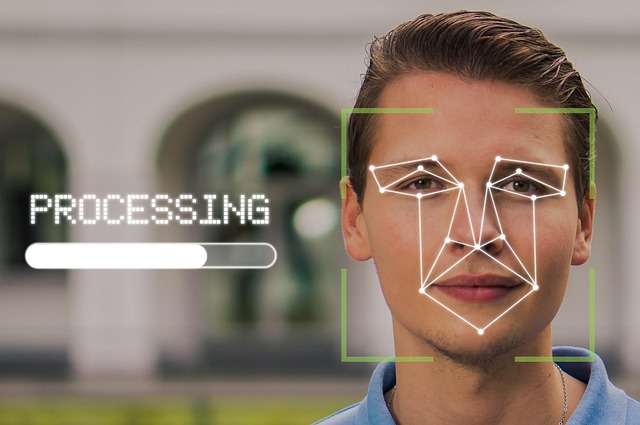The Future of Communication: Harnessing Intelligent Assistants for Efficiency and Innovation
In today’s fast-paced world, communication has transformed into a dynamic interplay of ideas, technologies, and human interaction. As we stride further into the digital age, the rise of intelligent assistants has begun to redefine how we interact, collaborate, and innovate.
The Role of Intelligent Assistants in Modern Communication
Imagine a virtual aide that understands your preferences, remembers your schedule, and synthesizes information at lightning speed. Intelligent assistants like Siri, Google Assistant, and Amazon Alexa are not just tools; they are becoming the backbone of effective communication in both personal and professional spheres. They can organize meetings, filter emails, and even remind us of important deadlines, allowing us to focus on what truly matters.
Enhancing Workflows with AI
In the workplace, these digital companions are enhancing workflows, making teams more efficient and less strained. By managing mundane tasks, intelligent assistants free up valuable time that can be devoted to creative problem-solving and innovation. For instance, automating meeting note-taking or data entry tasks allows teams to concentrate on strategic discussions that drive progress. The more we integrate these assistants, the more seamless our interactions become.
Personalization and User Experience
Another significant aspect of intelligent assistants is their ability to learn and adapt. As they gather data about our preferences and habits, they can personalize communication methods, making interactions more tailored and engaging. This level of personalization can improve the customer experience substantially, ensuring that clients feel valued and understood. In a world where effective communication is pivotal, this can set businesses apart.
Fostering Collaboration Across Borders
In an increasingly globalized society, intelligent assistants are also breaking down barriers to collaboration. Language translation features allow teams from different linguistic backgrounds to communicate effortlessly, promoting a culture of inclusiveness and diversity. No longer are communication challenges a hindrance to innovation; rather, they serve as opportunities for collective growth and shared learning.
The Ethical Dimension
As we embrace these intelligent assistants, it’s essential to consider the ethical implications that arise. Ensuring data privacy and establishing trust in AI systems is crucial. Users must feel secure while interacting with these digital companions. Open discussions and transparent practices will pave the way for a future where intelligent communication flourishes ethically.
The Path Forward
As we embark on this journey into the future of communication, one thing is clear: the potential of intelligent assistants is boundless. By harnessing their capabilities, we can achieve unprecedented levels of efficiency and innovation. Our interactions will become richer, more meaningful, and profoundly transformative. The landscape of communication is shifting, and we stand at the cusp of a revolution that promises to redefine how we connect.




